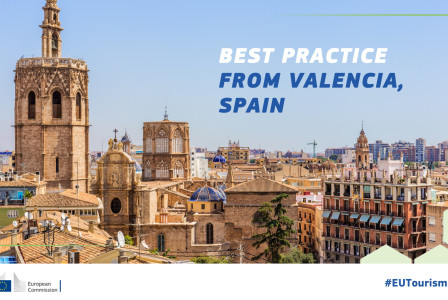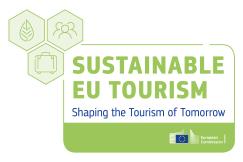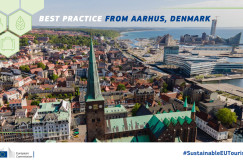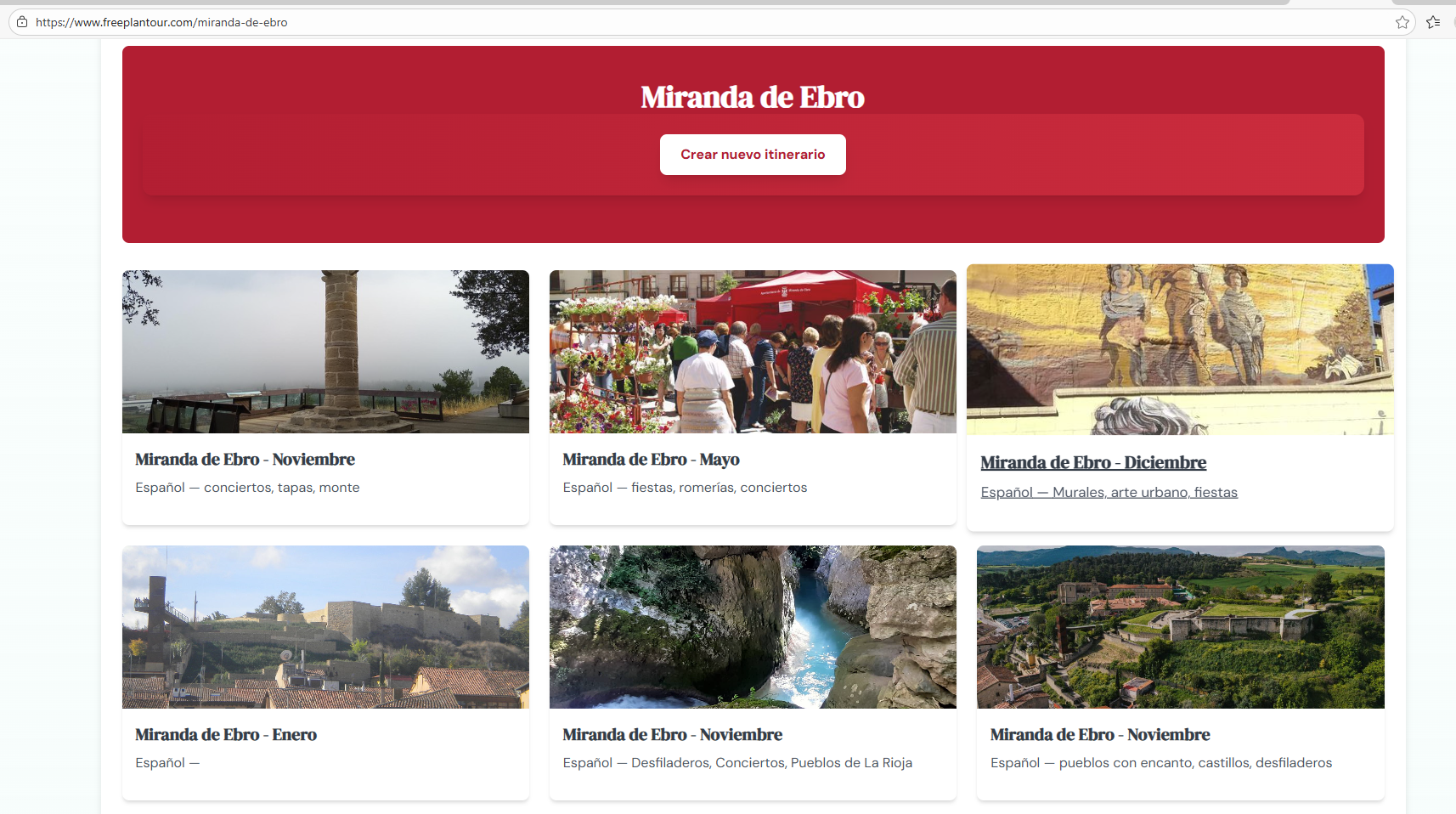Best practices
18 September 2025
Sustainable EU Tourism project - best practice: Valencia
Best practices
18 September 2025
Coastal, maritime and inland water tourism
Cultural tourism
Gastronomy tourism
+7 more
Login / create an account to be able to react
-
25

Valencia, Spain, has emerged as a frontrunner in climate-conscious tourism, integrating carbon footprint measurement, renewable energy, and sustainable mobility into its strategy. Guided by the Valencia 2030 Climate Mission, the city engages stakeholders and technology to reduce emissions, enhance resilience, and reposition itself as a green, innovative tourism destination
Sustainable EU Tourism project
Topics
Spain
Destination Management & Marketing Organisations
-
Specific types of tourism
-
-
Coastal, maritime and inland water tourism
-
Cultural tourism
-
Gastronomy tourism
-
MICE tourism
-
Urban/city tourism
-
-
Transition Pathway Strategic Areas
-
-
Best practices, peer learning and networking
-
Improving statistics and indicators
-
R&I on climate-friendly tourism
-
Tools for data on tourism
-
-
Business activities
-
-
Other
-
Share
Valencia, Spain, has been recognised as a best practice by the Sustainable EU Tourism project for its pioneering climate strategy in tourism.
Once a former industrial hub, the city now welcomes over 2.3 million visitors annually and has placed climate action at the heart of its transformation. In 2018, Valencia launched the Valencia 2030 Climate Mission, aiming to become a climate-neutral and smart city by 2030. This vision was supported by Visit València’s declaration of a Climate Emergency and the development of a carbon footprint measurement system, making it the first city worldwide to calculate emissions across all tourism activities.
Through close collaboration with environmental experts, businesses, and the local community, Valencia has introduced measures such as renewable energy expansion, electric transport networks, energy audits for companies, and cooperation with airlines to promote sustainable fuels.
The results are already visible: between 2023 and 2024, CO2 emissions fell by 8%, while the initiative fostered a strong sense of community engagement and enhanced Valencia’s reputation as a sustainable tourism destination.
Valencia’s experience shows how political will, smart technology, and cross-sector collaboration can transform a destination into a climate leader.
For more details on the key challenges the destination has faced, and the solutions implemented to address them, please refer to the attached document.
Documents
Comments (0)
Related content
See also
Sustainable EU Tourism - Key challenges and best practices
- Categories
- Coastal, maritime and inland water tourism Cultural tourism Ecotourism +64 more
Platform for creating accessible and multilingual itineraries with voice assistant
- Categories
- Coastal, maritime and inland water tourism Cultural tourism Ecotourism +64 more
Crisis Management and Governance in Tourism project: National Tourism Organisation of a Southern European Country
- Categories
- Coastal, maritime and inland water tourism Cultural tourism Ecotourism +19 more





